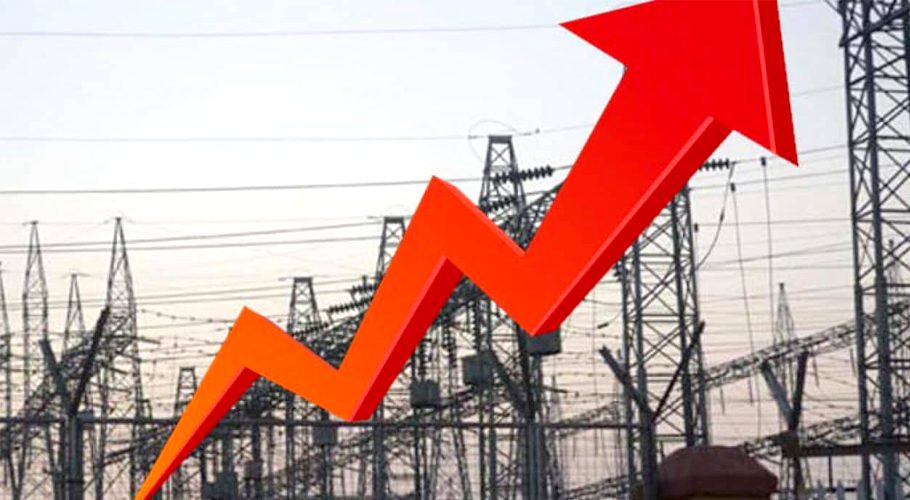It is a welcoming development that, after a long wait, there has been some relief for the public in the context of fuel prices. At a time when there was a continuous upward trend in fuel prices, the government’s decision to reduce petrol prices by 40 rupees per liter is undoubtedly commendable from a public perspective.
It’s evident that the prices of petroleum products have a significant impact not only on Pakistan but also on the economies of the entire world. The importance of petroleum products is such that the world’s economy is often referred to as an oil-based economy. Therefore, governments around the world make every effort to stabilize petroleum product prices and avoid excessive fluctuations in fuel prices. However, in contrast, Pakistan has been following a policy of frequent price changes every fifteen days, which is a major cause of economic instability.
During the tenure of the PTI-led coalition government, especially under the directives of the IMF, fuel prices continued to rise heartlessly. One major reason for the consistent increase in fuel prices was the uncontrolled rise in the value of the dollar. Pakistan was buying oil from the international market, and due to the appreciation of the dollar, its cost increased significantly. As a result, the burden of rising fuel prices was passed on to the public.
After the establishment of the caretaker government, the authorities realized that economic stability is impossible without bringing the dollar under control. It was also recognized during this time that the artificial strength of the dollar, as opposed to its actual value, was the result of a chain of actions, including the elimination of all avenues related to the dollar, such as illegal exchange, smuggling, hoarding, etc.
As a result, a series of actions to close all illegal channels associated, controlling the dollar on the parallel market, and completely eliminate all doors of corruption began. According to experts, the result of these efforts is now evident in the form of a significant reduction in petrol prices.
At a time when maintaining strict control over the dollar is essential, there is still a need to take action on intelligence-based operations against anti-dollar activities, especially where illegal activities are ongoing. These activities need to be completely eradicated.
Additionally, it is necessary to ensure that the benefit of the reduction in petroleum product prices is passed on to the public by reducing the prices of essential commodities. For this, it is essential that the administrations of all provinces and municipal governments play an active role and ensure that government prices are strictly enforced in the markets through price control committees.





























